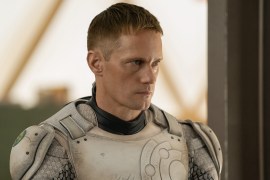25 best royal movies ever
It's the Queen's birthday this week, so we've rounded up a right royal collection of films featuring British monarchs
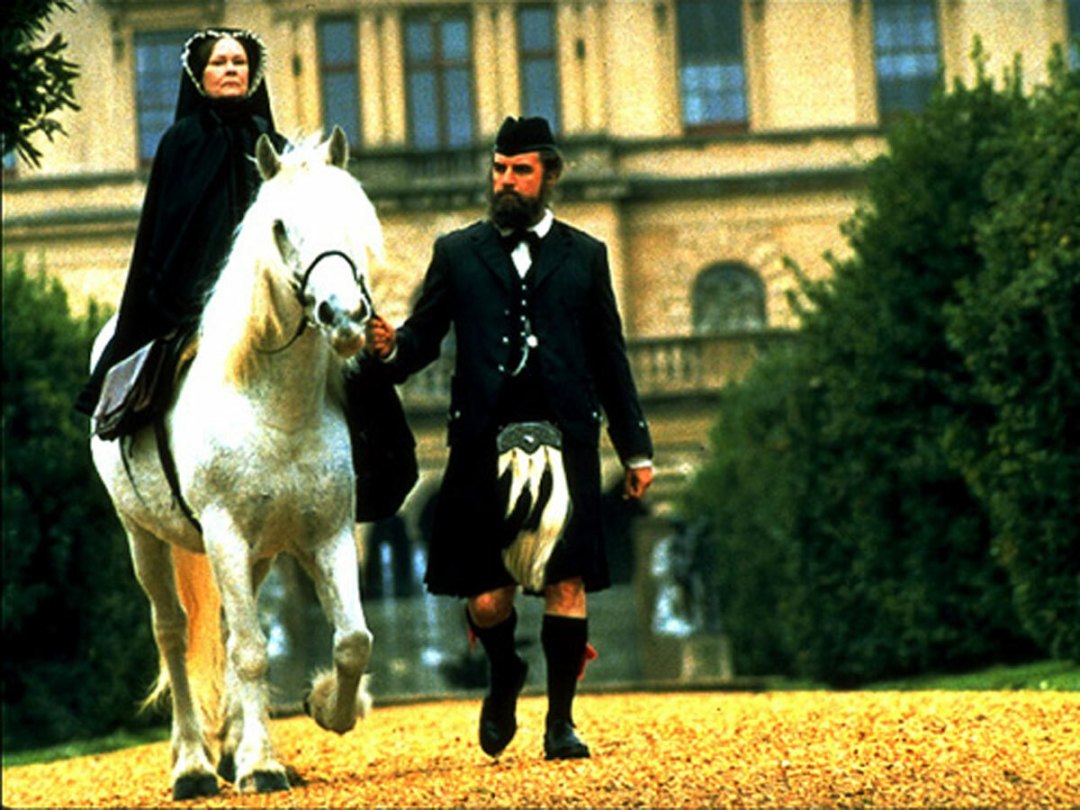
We’ve stuck to films featuring British royals for this – well, it is the Queen’s birthday, after all. So without further ado, the best royal films – in no particular order – are:
Henry V (1989)
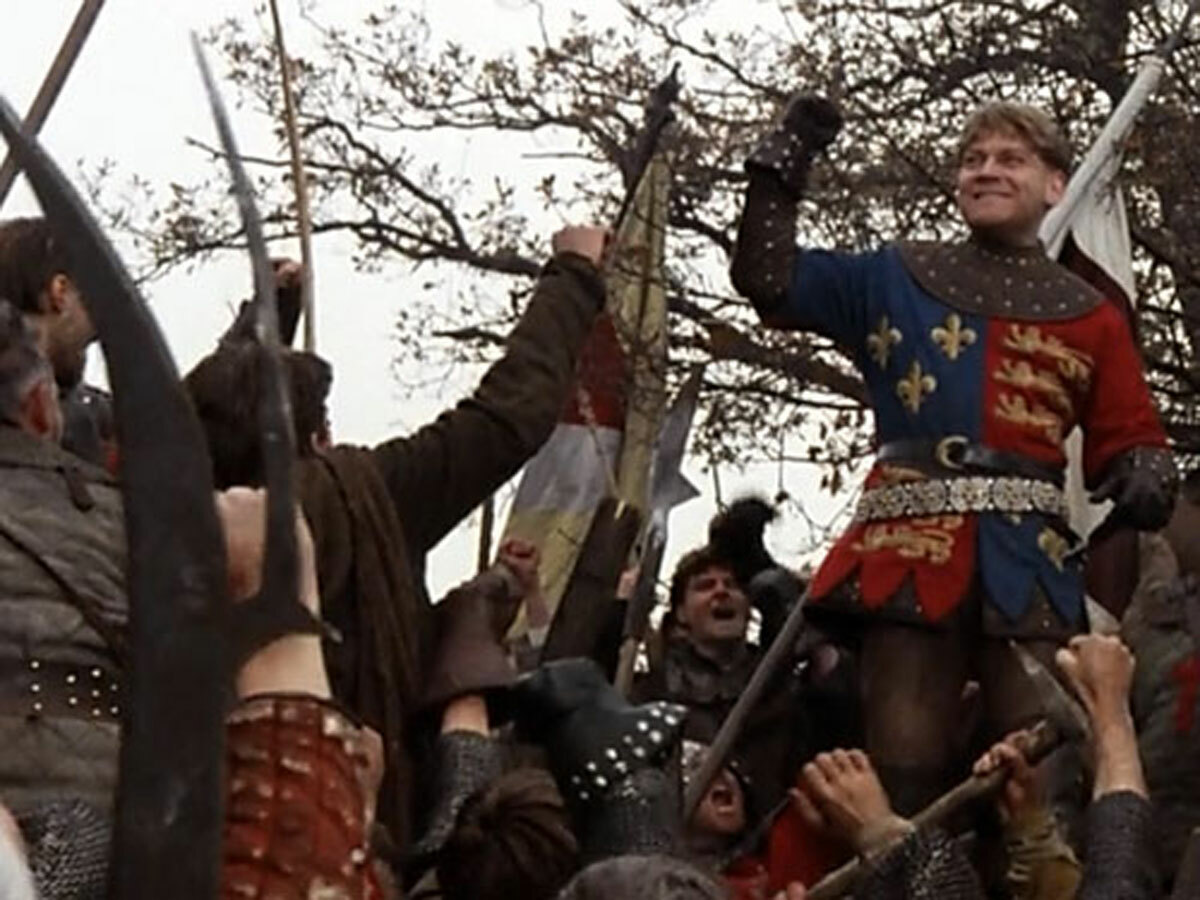
Kenneth Branagh’s film adaptation of Shakespeare’s history is a who’s who of British luvvies, including Derek Jacobi, Emma Thompson, Judi Dench, Brian Blessed, Robbie Coltrane and Richard Briers, though Branagh reserved Henry V’s crown for himself. Admittedly, there are few people who can better deliver the immortal “Once more unto the breach” pep talk. Star spotters can also find a young Christian Bale.
The Private Life of Henry VIII (1933)
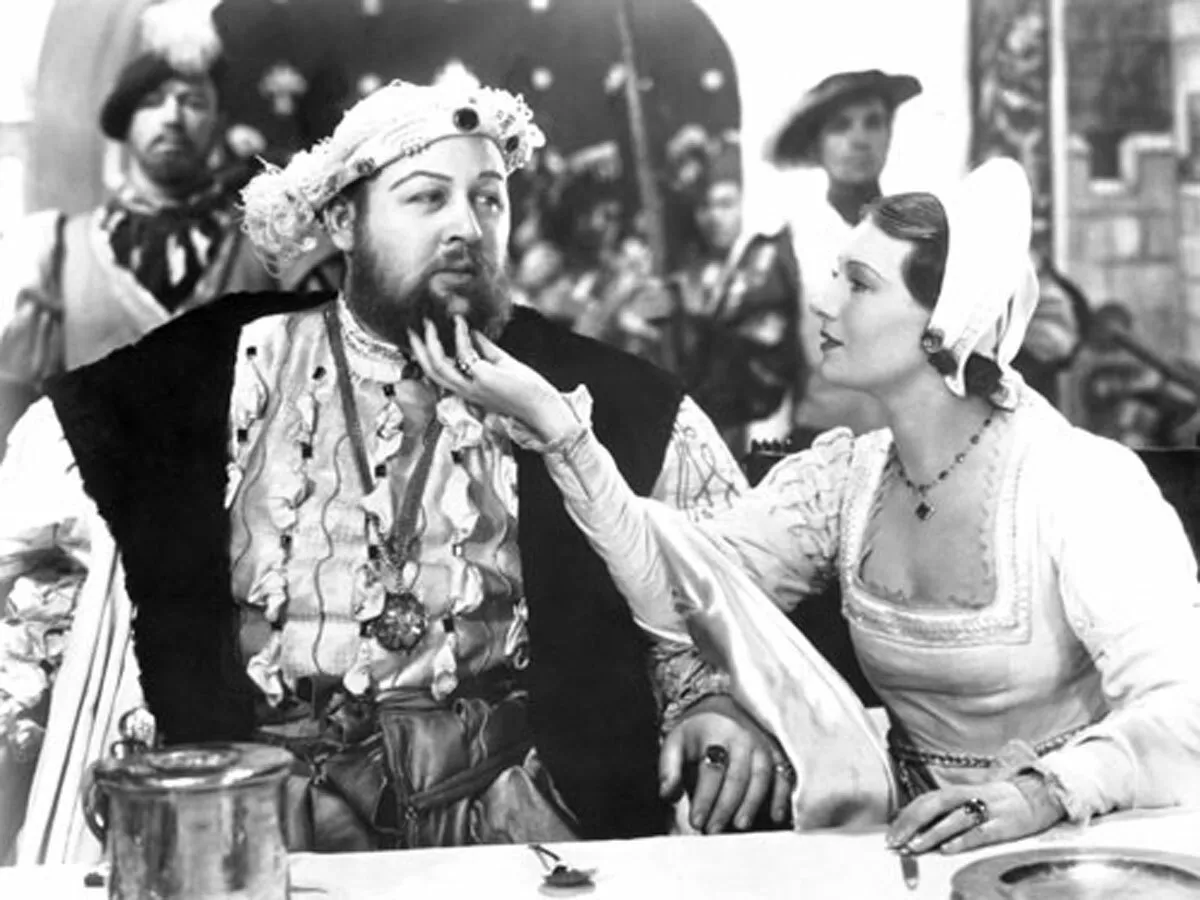
The first Brit flick to be nominated for a best picture gong at the Oscars is, as the title suggests, a colourful behind-the-scenes retelling of Henry VIII’s private life and the English king’s unlikely quantity of wives. Charles Laughton scooped the Academy’s Best Actor prize, but the movie also set a dangerous precedent for historical inaccuracy in Hollywood.
Camelot (1967)
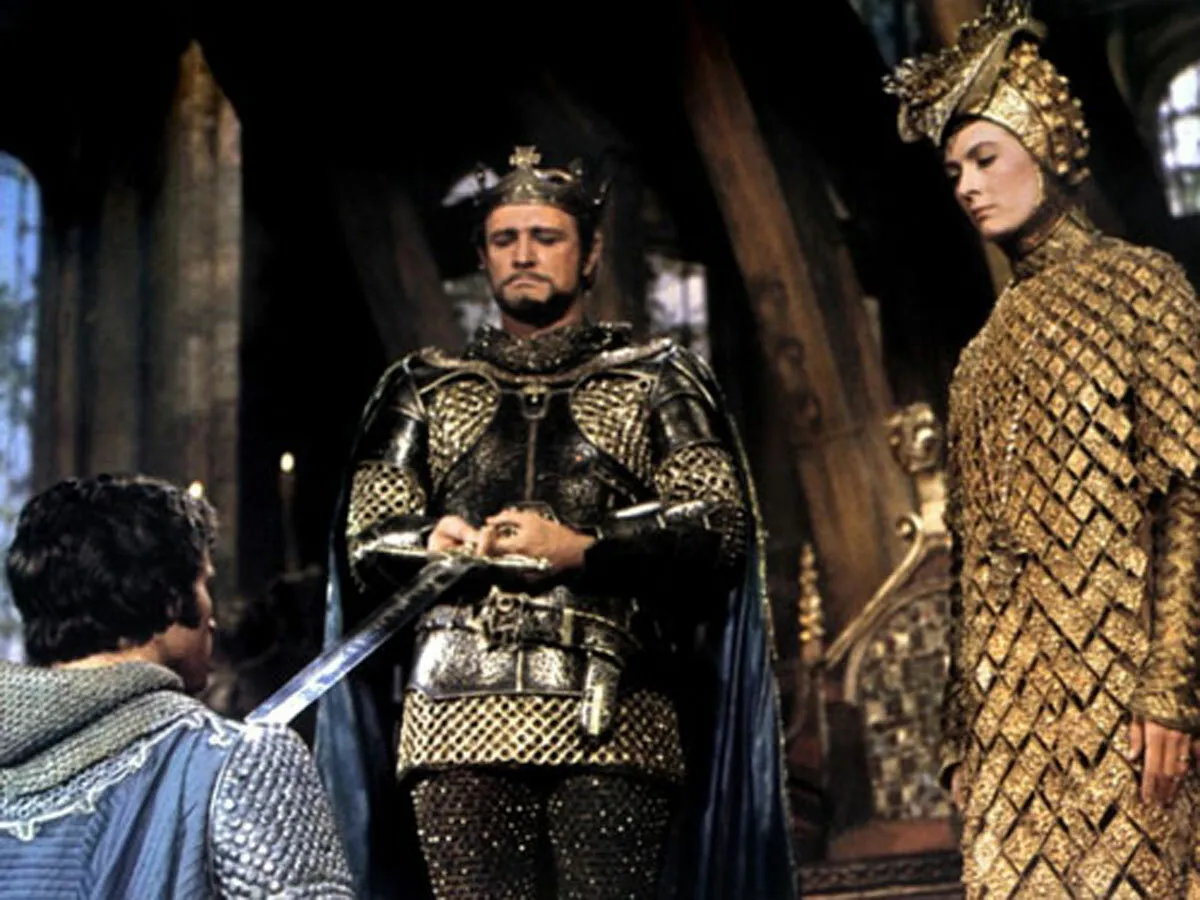
Yes, it’s another Knights of the Round Table outing for the cinema, but this time there’s a twist. Should you be put off by the three hour running time, or by the fact that Camelot is a musical retelling of the Arthurian legend, bear in mind that despite these handicaps it was nominated for five Oscars and won three. Yeah, the drugs were good in ’67.
Young Bess (1953)
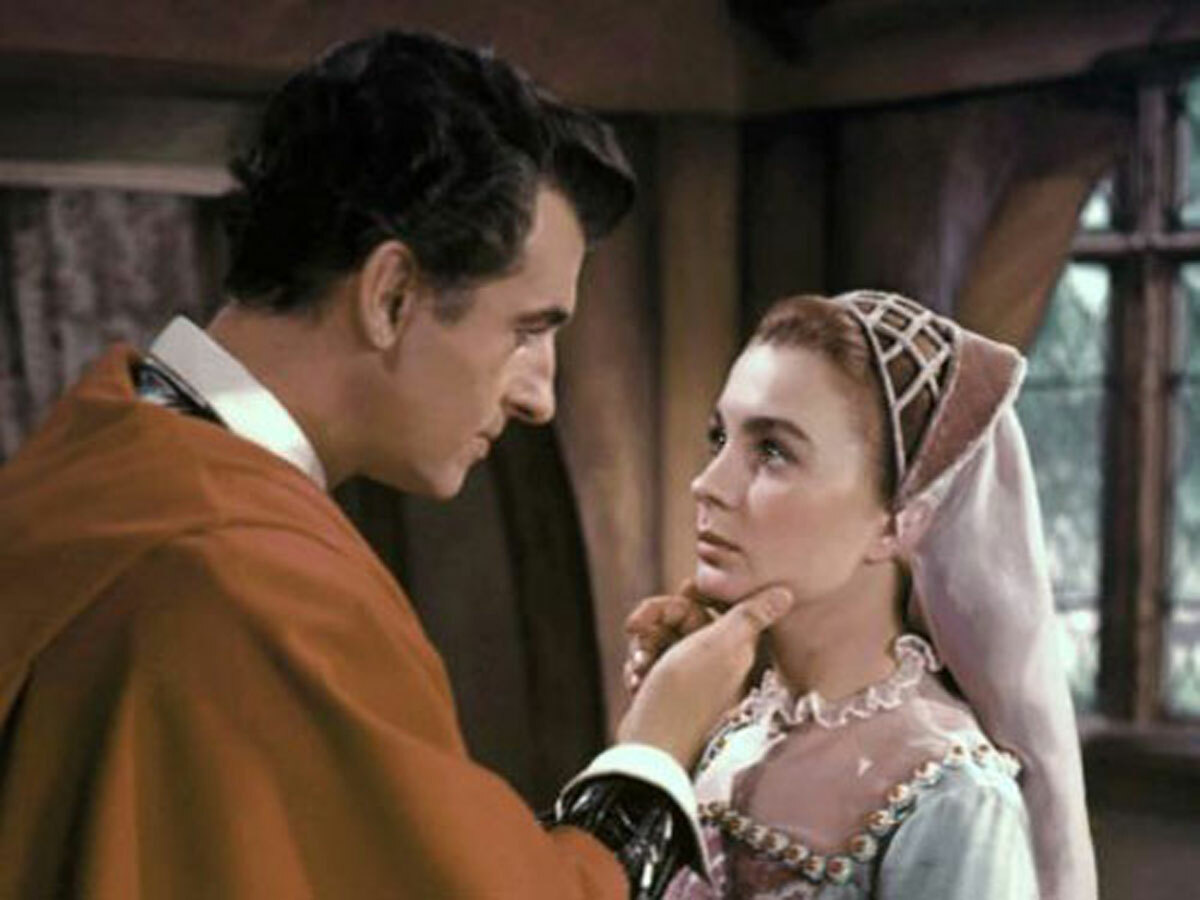
Charles Laughton reprised his role as Henry VIII (20 years after The Private Life of Henry VIII) for Young Bess, a movie exploring Elizabeth I’s childhood and path to accession. But it’s Jean Simmons’ engaging performance as the troubled queen-to-be that steals the limelight in this slick biopic.
Wallis and Edward (2005)
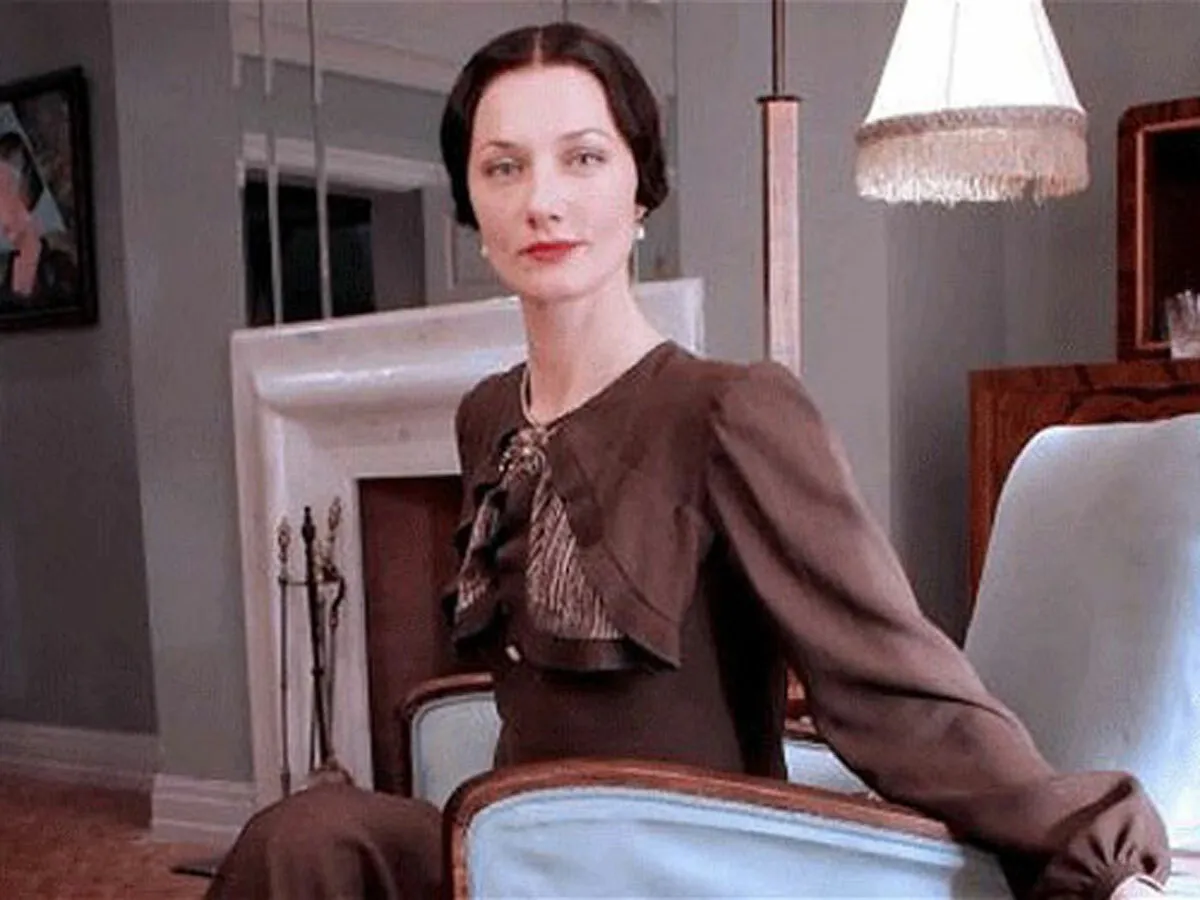
Despite being one of the most infamous stories of British royalty, it took until this year’s W.E. before someone made a film about Wallis Simpson’s affair with King Edward VIII. But Madonna’s film was rubbish, so we have to turn to this made-for-TV adaptation – the best effort to date, with Joely Richardson and Steven Campbell Moore taking the respective title roles.
Mrs Brown (1997)
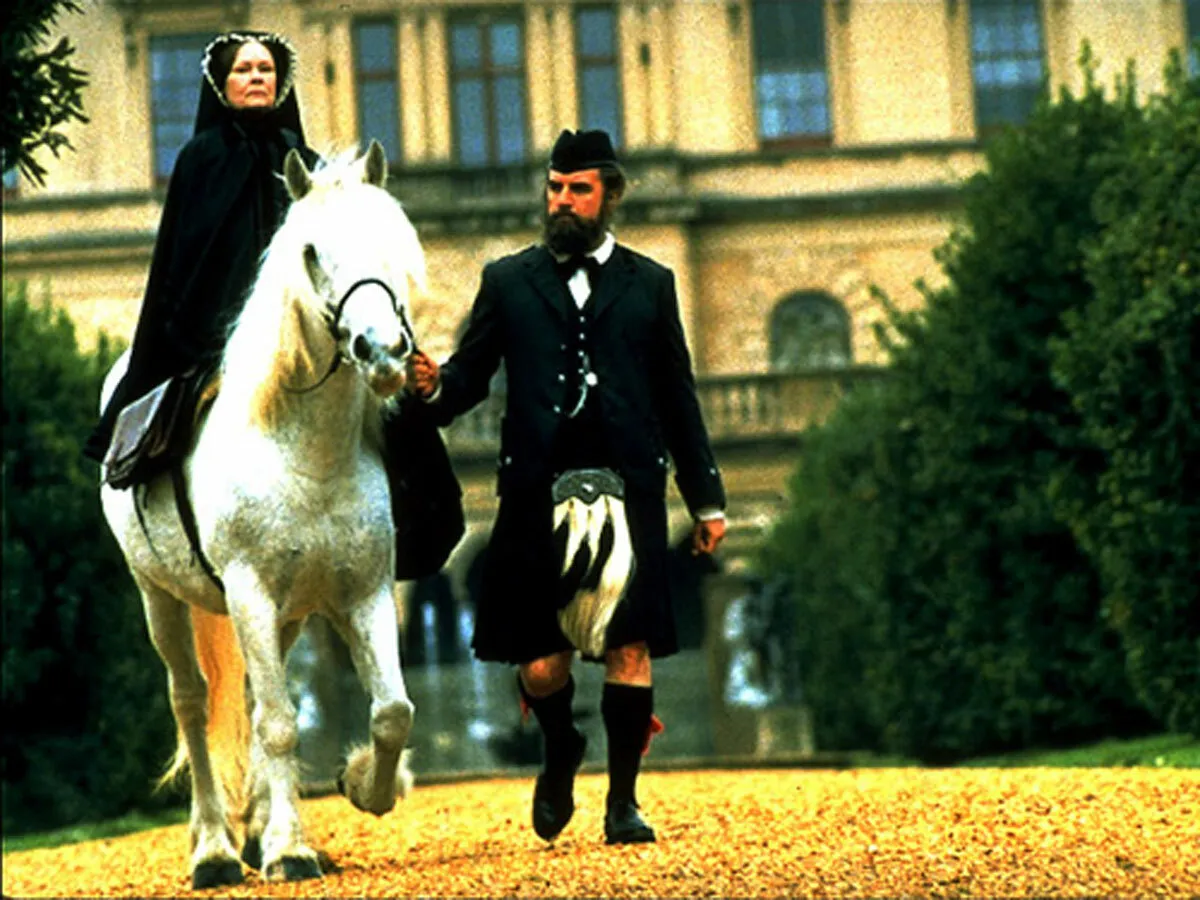
Judi Dench, comedian Billy Connolly and a young Gerard Butler all perform brilliantly in this Oscar-winning film – which was originally destined for the TV before it was snapped up by Miramax. A depressed Queen Victoria goes into hiding following her husband’s death. Not to worry, though, she rediscovers her enthusiasm for life thanks to her Scottish servant John Brown. But their friendship threatens to become a national scandal.
The Virgin Queen (1955)
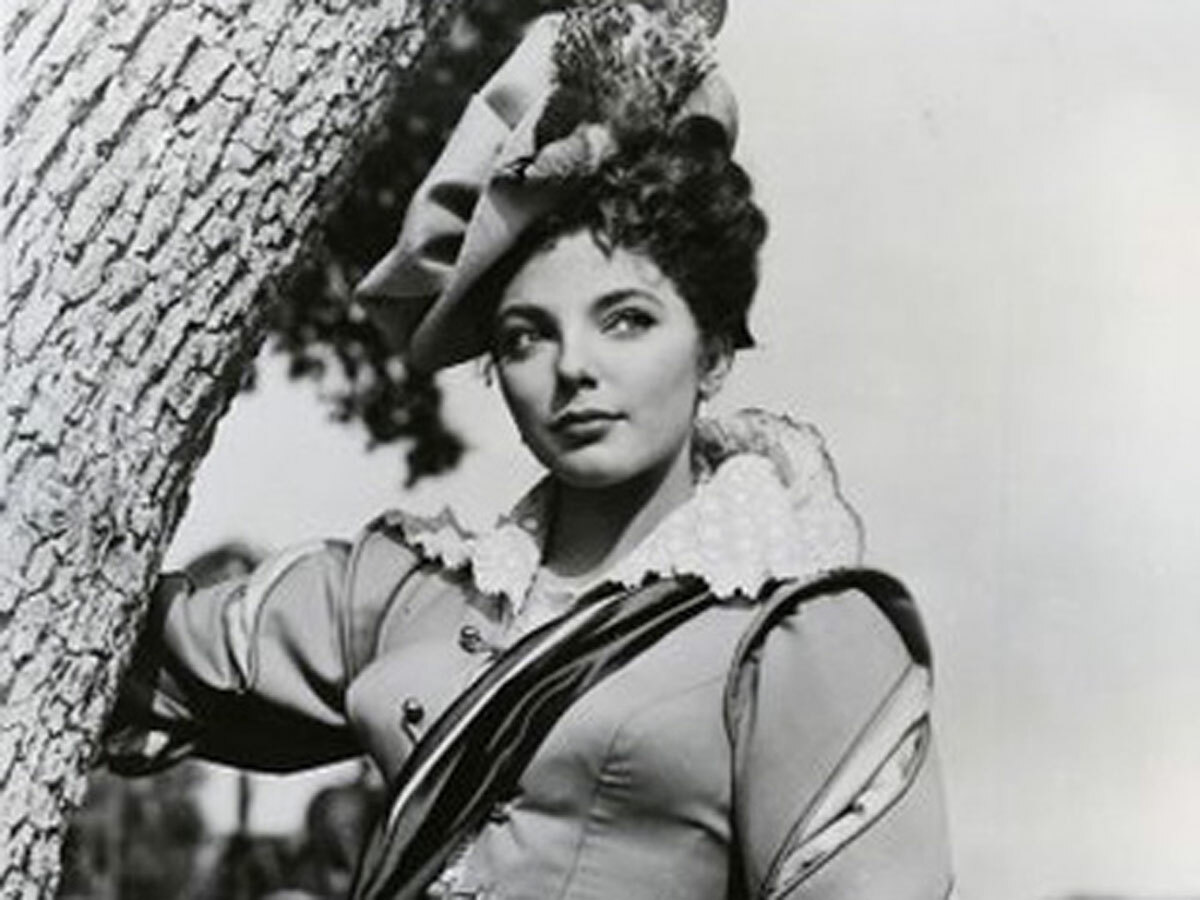
This tale of Sir Walter Raleigh, trying to get funding from the queen for an exploration to the New World, is so old even Joan Collins looks young. Too harsh? Did you know this was the second time Bette Davis played Queen Elizabeth I? That distracted you.
A Connecticut Yankee in King Arthur’s Court (1949)
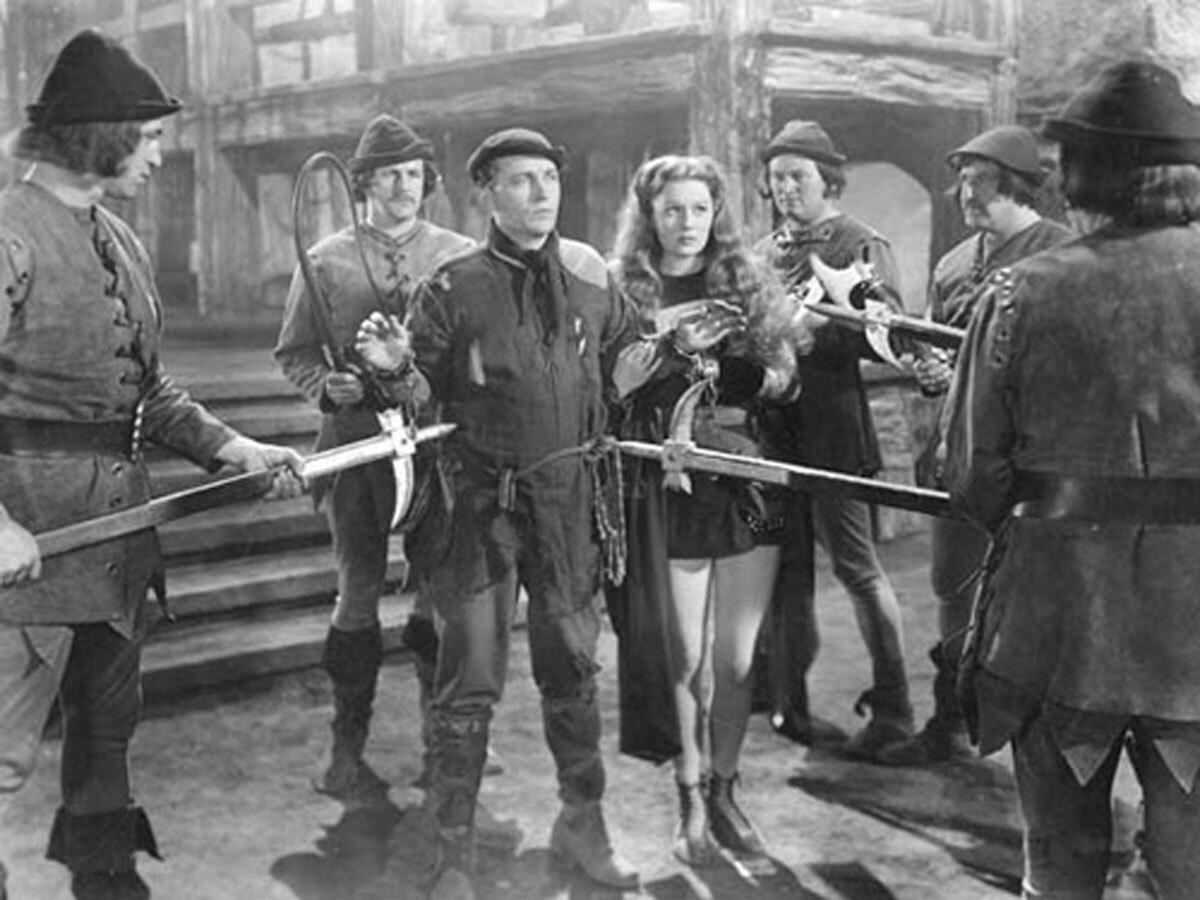
Bing Crosby is a chipper 1912 mechanic who’s thrown back into the time of King Arthur, knights and hog roasts. This musical adaptation of Mark Twain’s classic novel pits him against Merlin and Morgan Le Fay, but he has the edge in the form of foreknowledge of the future – and some killer tunes, including Busy Doing Nothing.
The Young Victoria (2009)
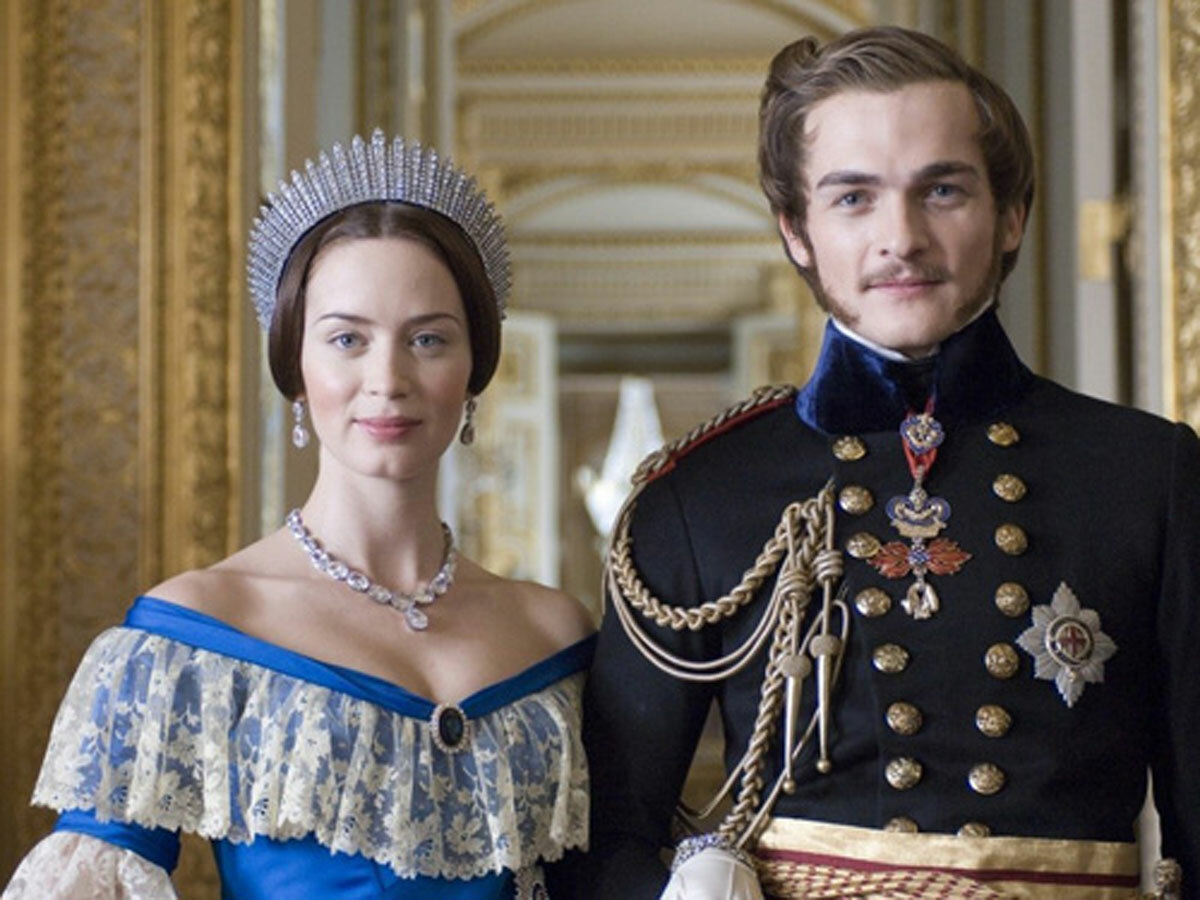
Emily Blunt plays Queen Victoria growing up through the turbulent years that saw her love affair with Prince Albert blossom. Mark Strong, Paul Bettany and Jim Broadbent all gave solid performances to made The Young Victoria an Oscar Award winner.
The Other Boleyn Girl (2008)
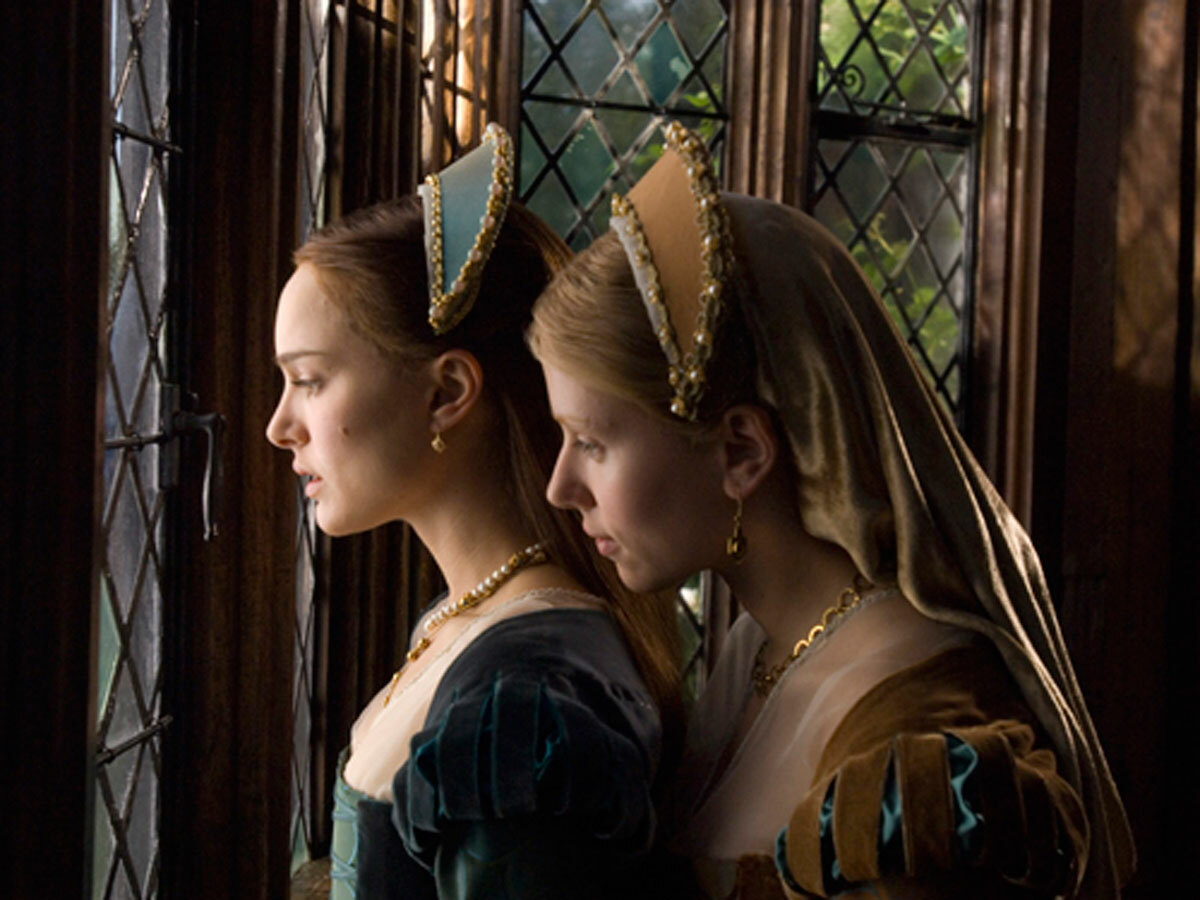
A Jeremy Kyle spat transferred to 16th-century England, The Other Boleyn Girl sees two sisters getting it on with King Henry VIII, having his kids and squabbling between themselves. The other woman of the title is Mary Boleyn (Scarlett Johansson) who, according to Philippa Gregory’s novel, was Henry’s bit on the side before Anne. It’s a bit silly – and not exactly a stickler for historical accuracy – but still an entertaining, alternative take on Henry’s famous bevy of wives.
The Madness of King George (1994)
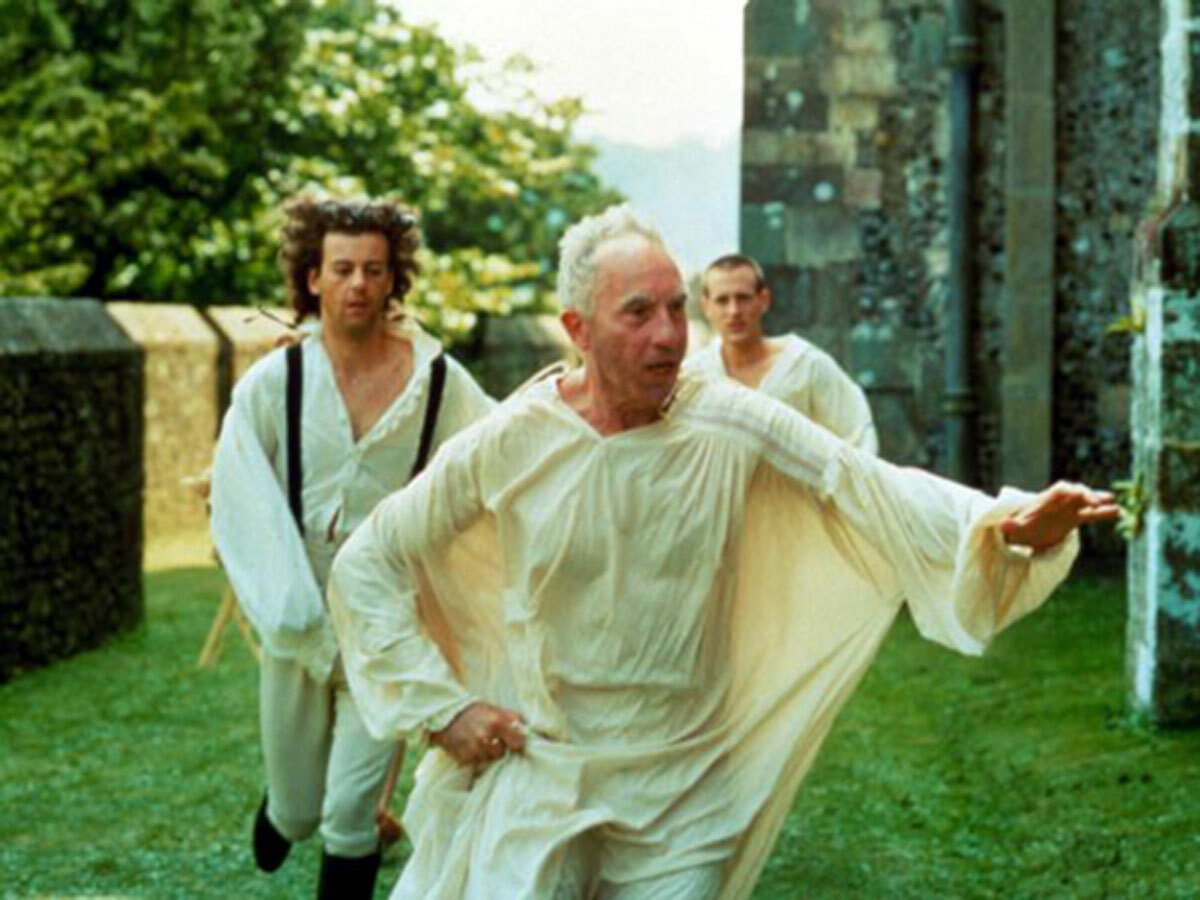
King George III (Nigel Hawthorne) sinks into dementia but still has the small matter of running the country on his hands. Set during the Regency Crisis of 1788, Rupert Everett plays George III’s scheming son the Prince of Wales – who’d quite like to don his father’s shiny headgear himself. Based on the Alan Bennett play, The Madness of King George manages to be sad and tongue-in-cheek at the same time – and is a spirited riposte to the usual stuffy costume dramas.
The King’s Speech (2010)
Colin Firth takes on the role of George, the current Queen’s dad – who’s struggling to deal with his stutter even as his brother, King Edward VIII, is preparing to pal up with the Nazis. When Edward’s given the boot, George needs to overcome his speech impediment to deliver a vital broadcast to the nation. Cue a Rocky-style montage of practice with his speech therapist Lionel Logue (Geoffrey Rush) and some swearing that caused problems with the censors. Those were the days when normal folk listened to monarchs too.
The Queen (2006)
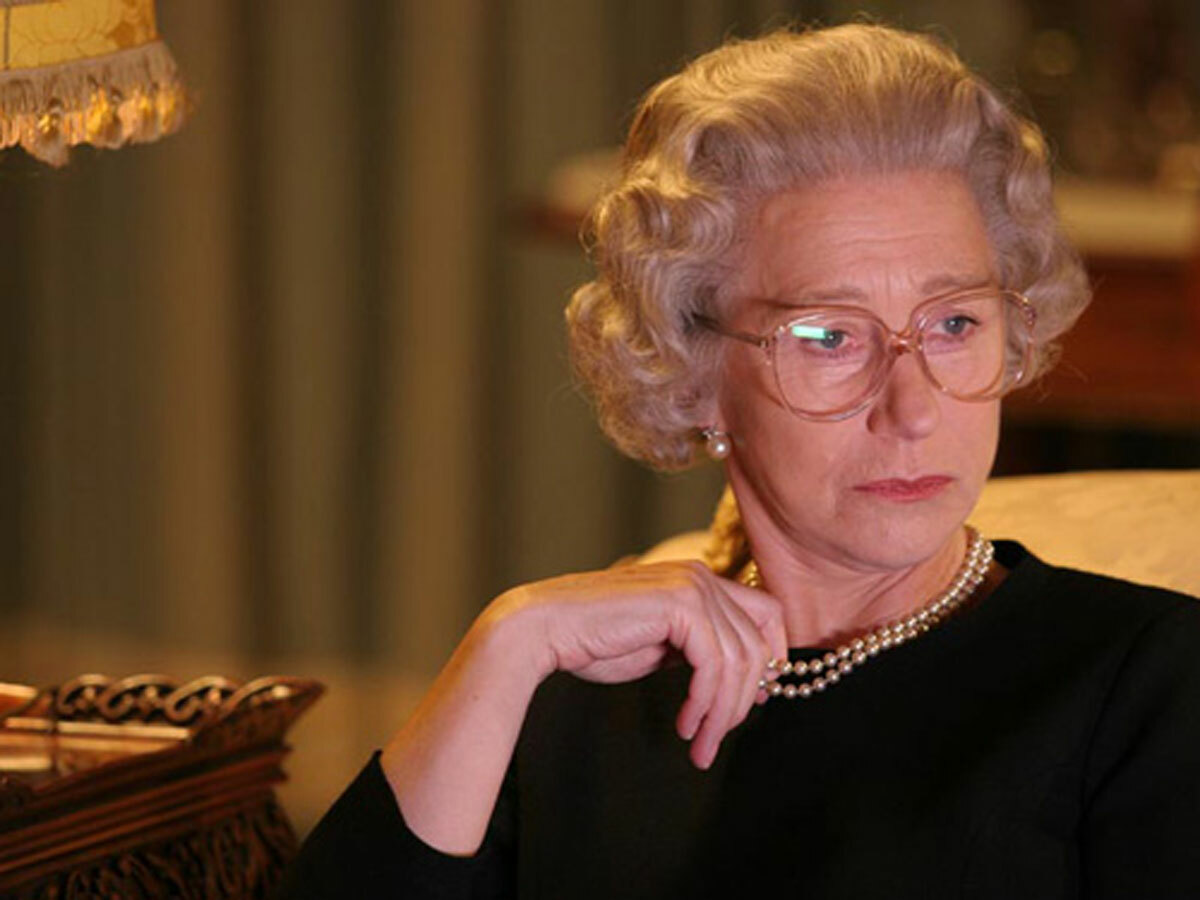
Helen Mirren’s performance as Queen Elizabeth II is spookily accurate – from her stony glances after the death of Diana to her regal poses and old lady sighs, even the country walking gear for picnics up at Balmoral seems made for her. We get to imagine how the Queen told off Blair in the late 90s and the tense relationship with the Princess of Wales. Monarchist or not, this’ll guarantee some sort of kind feelings towards old Lizzy.
Elizabeth (1998)
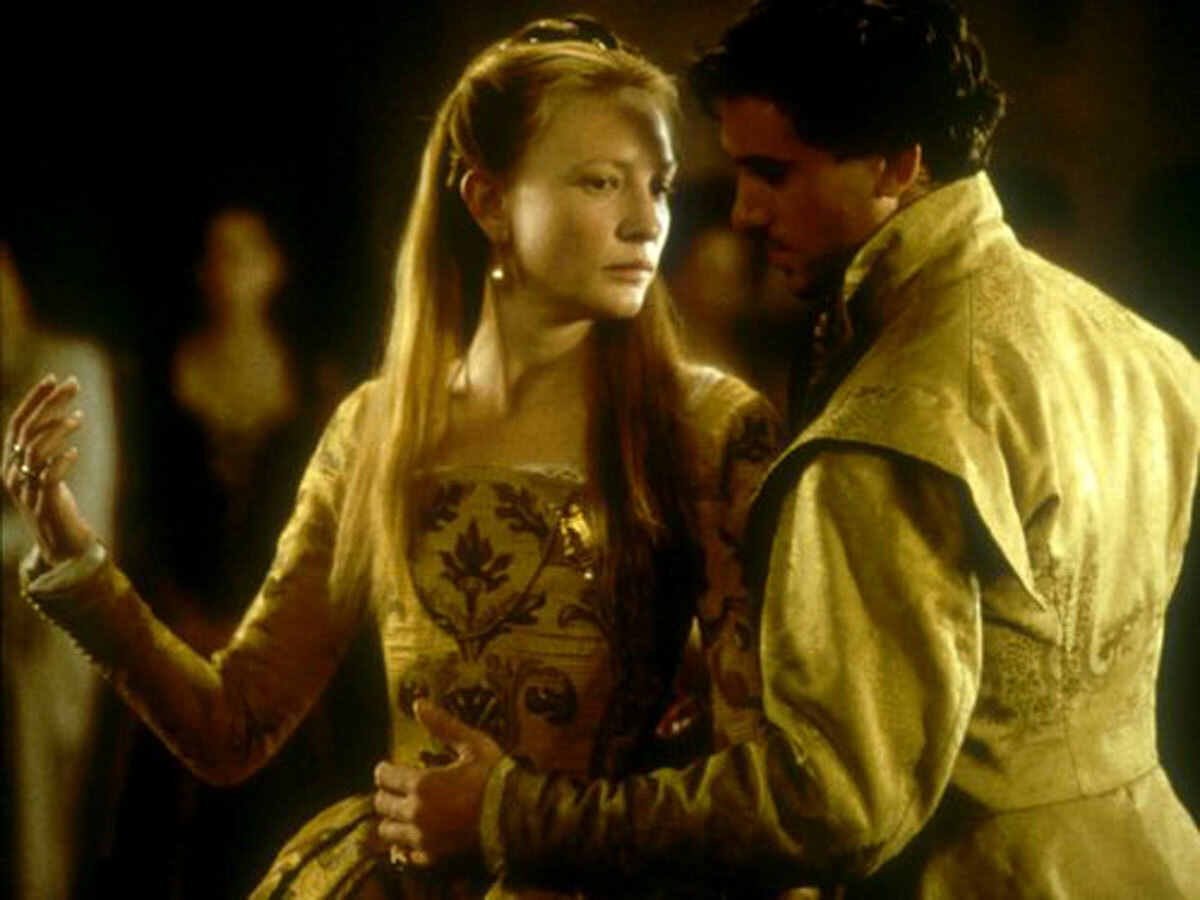
Now this is what you call a career woman. After hooking up with the unsuitable Robert Dudley, Elizabeth I (Cate Blanchett) vows to marry England instead and sets herself up as the Virgin Queen – after being told she should bag a man to secure the throne. And we thought they just chucked you the keys to the palace. A dash of religion and Elizabeth’s transformation into the steely-eyed monarch of legend keep things interesting.
King Ralph (1991)
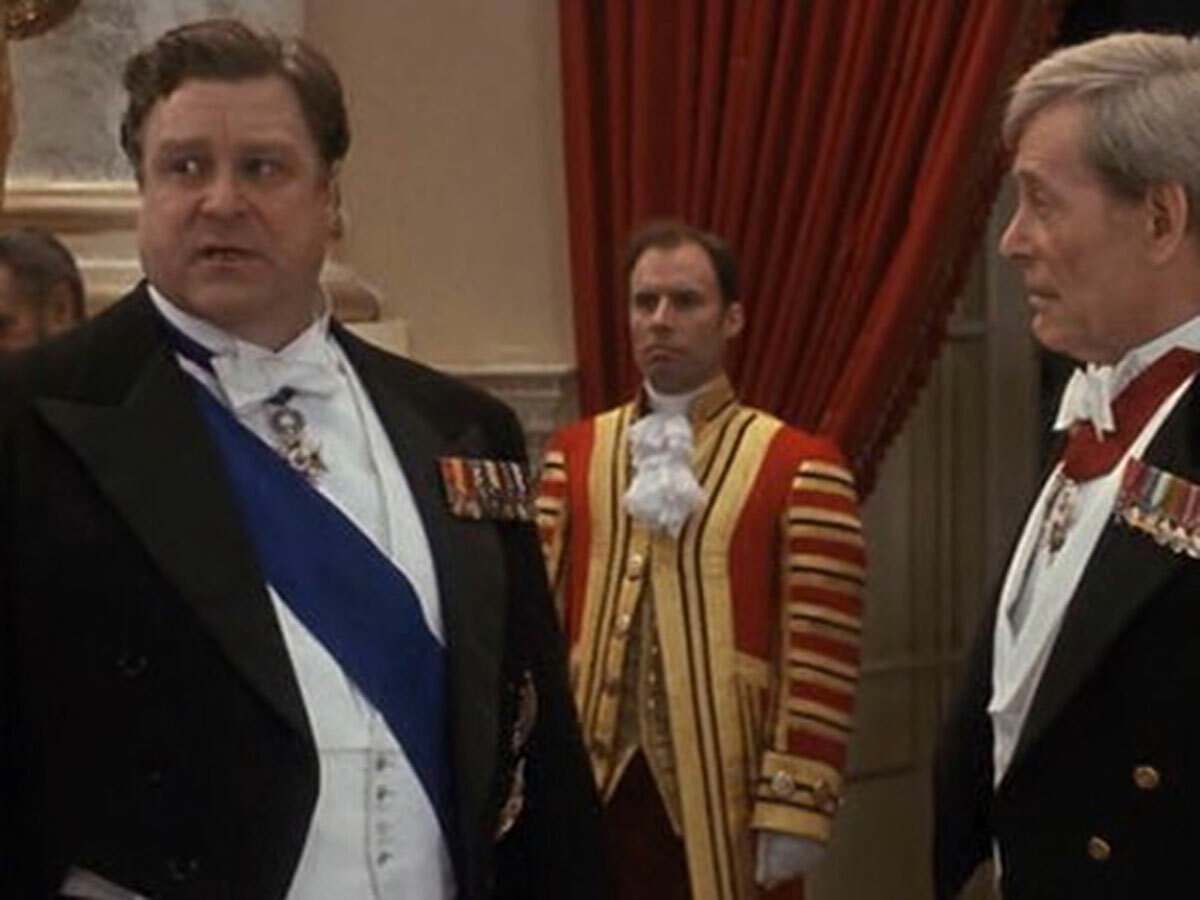
John Goodman plays a down and out American slob – again – but this time he’s the only relative left in line for the British throne after a freak photographic accident does for the entire Royal family. Stiffening his upper lip for royalty makes for a funny fish-out-of-water flick, with great performances from the quintessentially British Peter O’Toole and John Hurt.
The Libertine (2004)
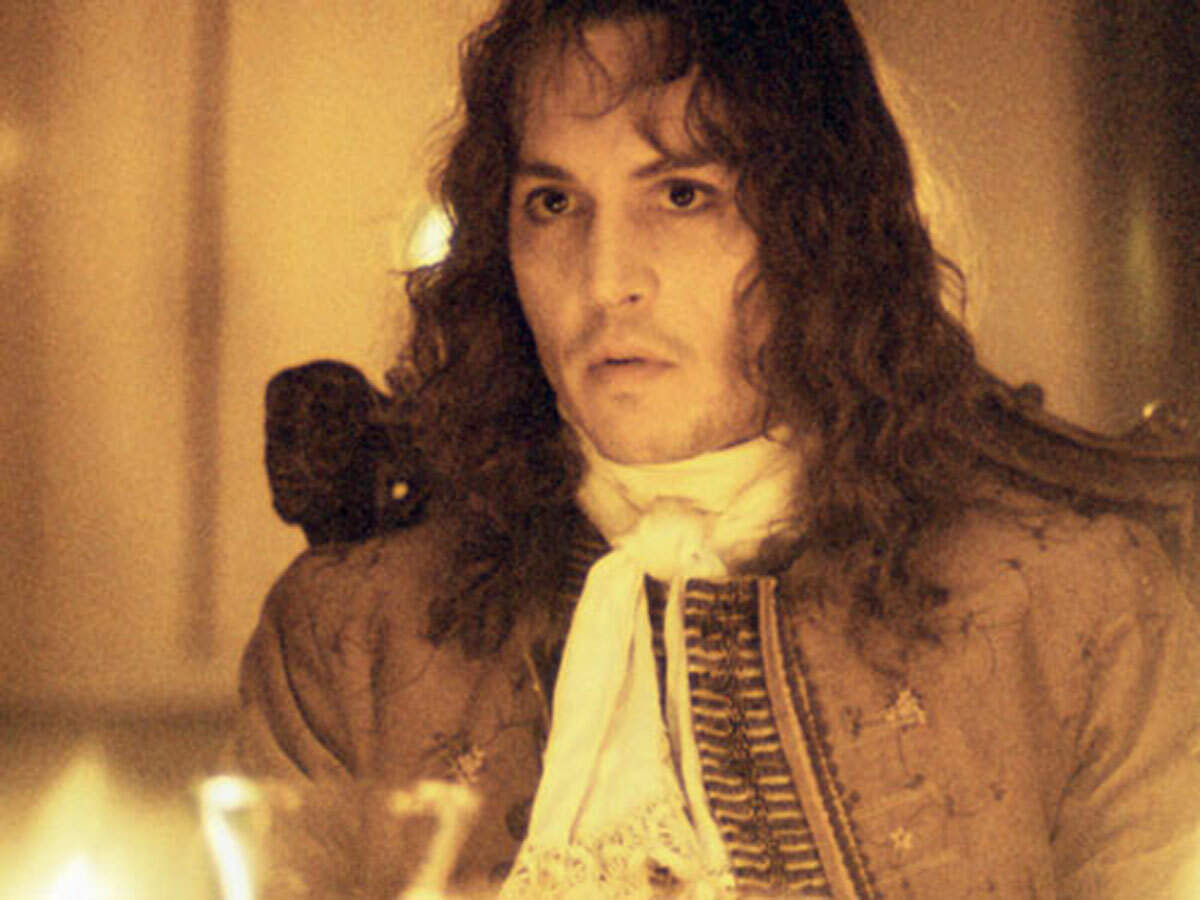
Johnny Depp and John Malkovich play a dissolute poet and King Charles II respectively in this sex-filled extravaganza which focuses on the deterioration of the relationship between the two men – as well as the danger of promiscuity and drink. A pretty accurate account of the rock stars of the Restoration, all things considered.
The Lion in Winter (1968)
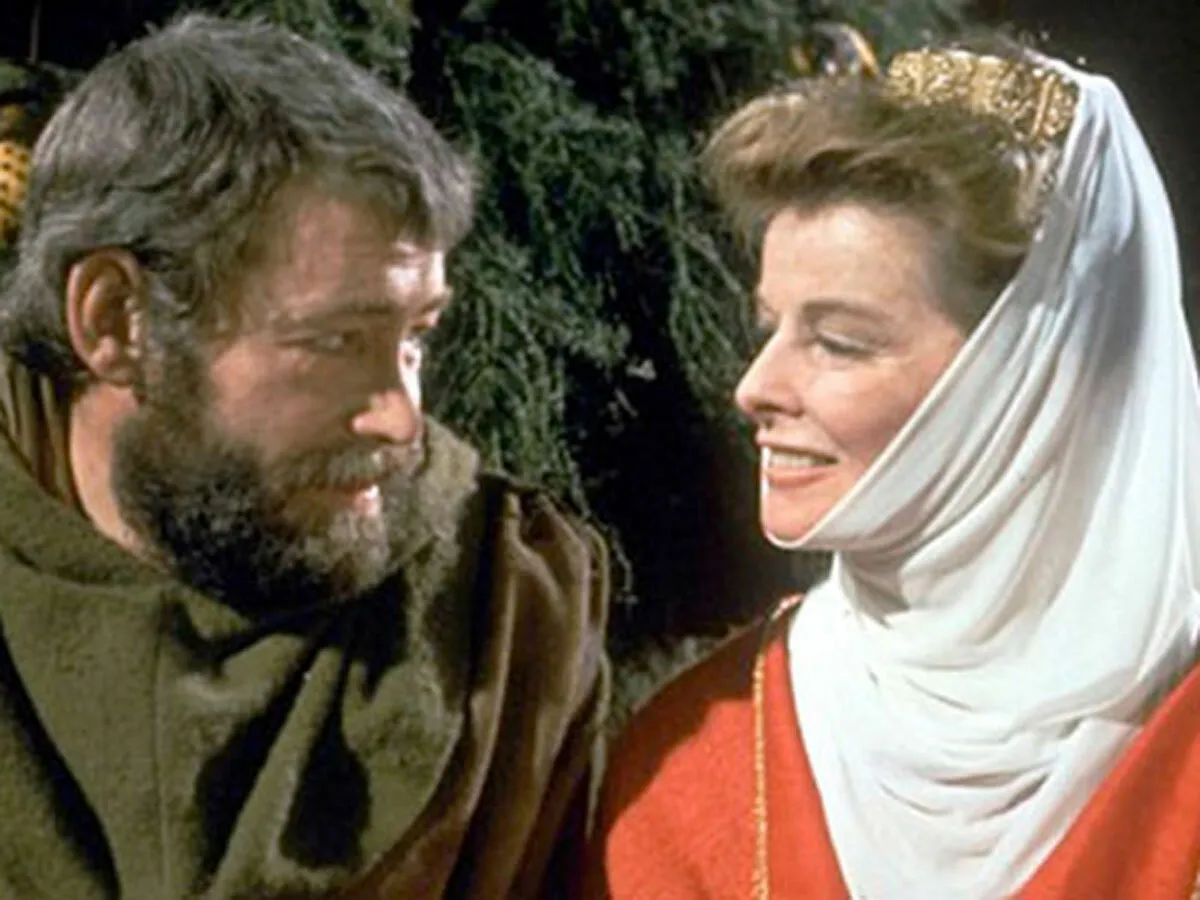
Anthony Hopkins’ film debut saw him stand shoulder to shoulder with the legendary Peter O’Toole and Katharine Hepburn in this medieval historical drama set in France. Manipulation and backstabbing are the order of the day as King Henry and his estranged wife battle it out to sit their favourite son on the throne.
Restoration (1995)
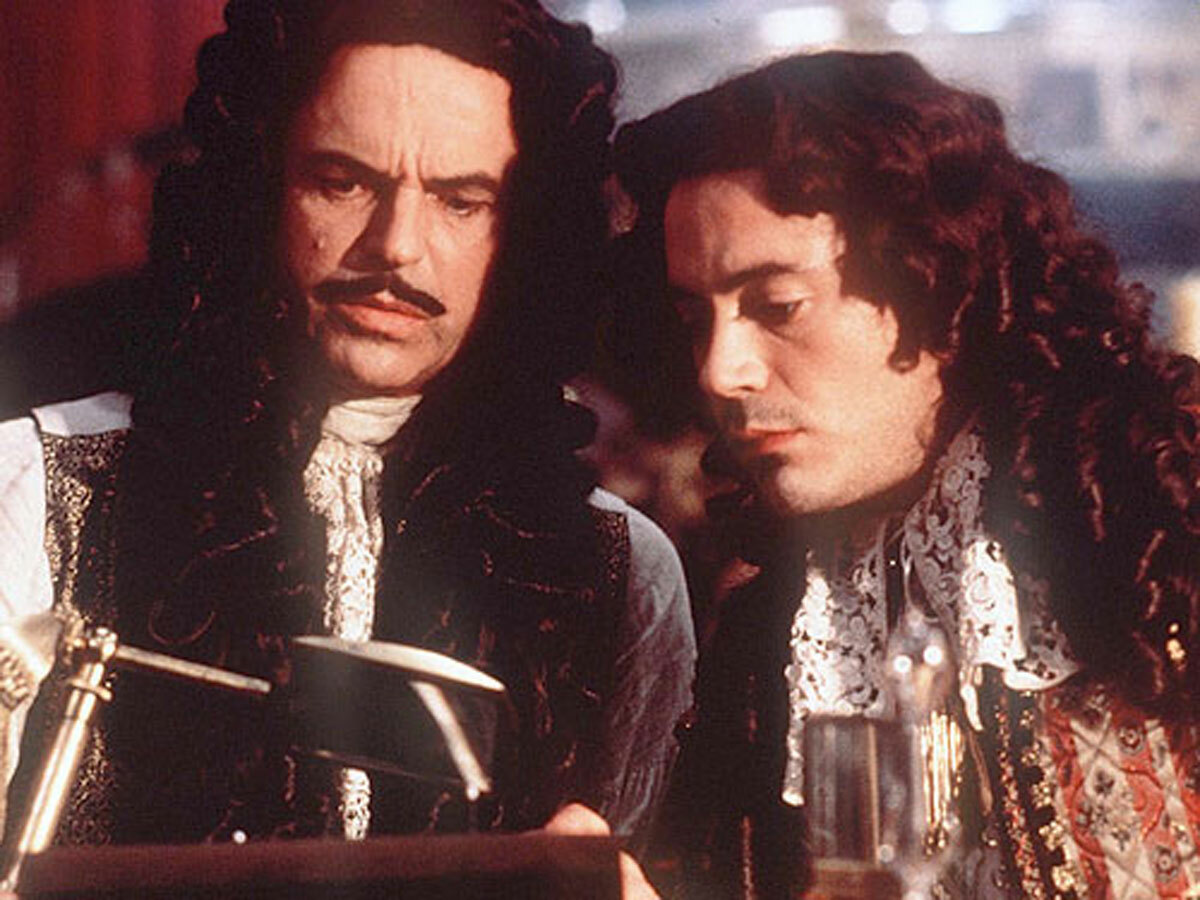
King Charles II makes another cinematic appearance, this time played by Sam Neill. After having saved his Royal Highness’ beloved spaniel, a young doctor (Robert Downey Jr) falls under the service of the king, before being banished for breaking a cardinal rule. He more than makes up for this little mishap by fending off the rather pesky plague. An over-the-top regal confection that evokes the spirit of the age.
Becket (1964)
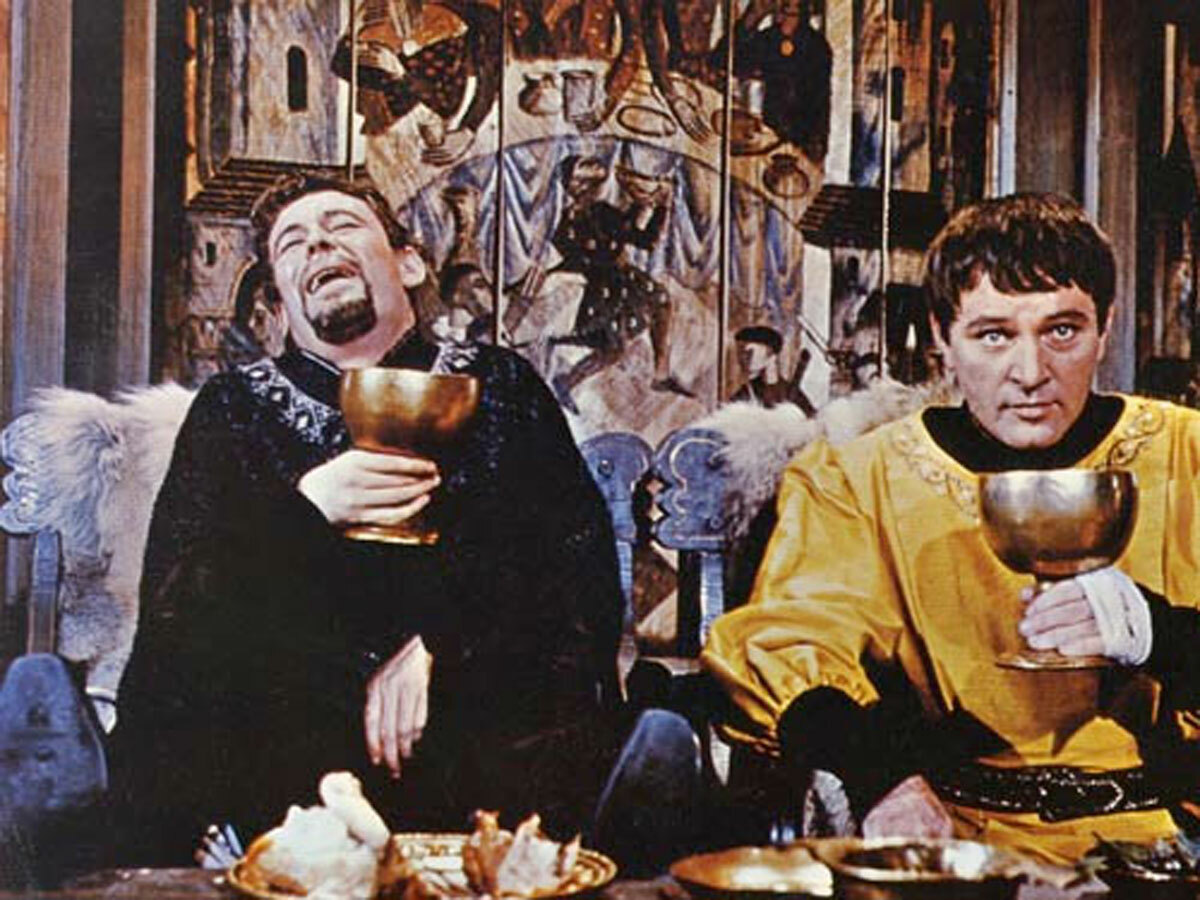
Infamous 1960s hellraisers Peter O’Toole and Richard Burton star in this theatrical adaptation. Set in the 12th Century, it follows the breakdown in the relationship between one-time compatriots King Henry II and his Archbishop of Canterbury, Thomas Becket. O’Toole’s well-cast as the carousing Henry, with Burton playing Becket as a commoner who rises above his station.
Elizabeth: The Golden Age (2007)
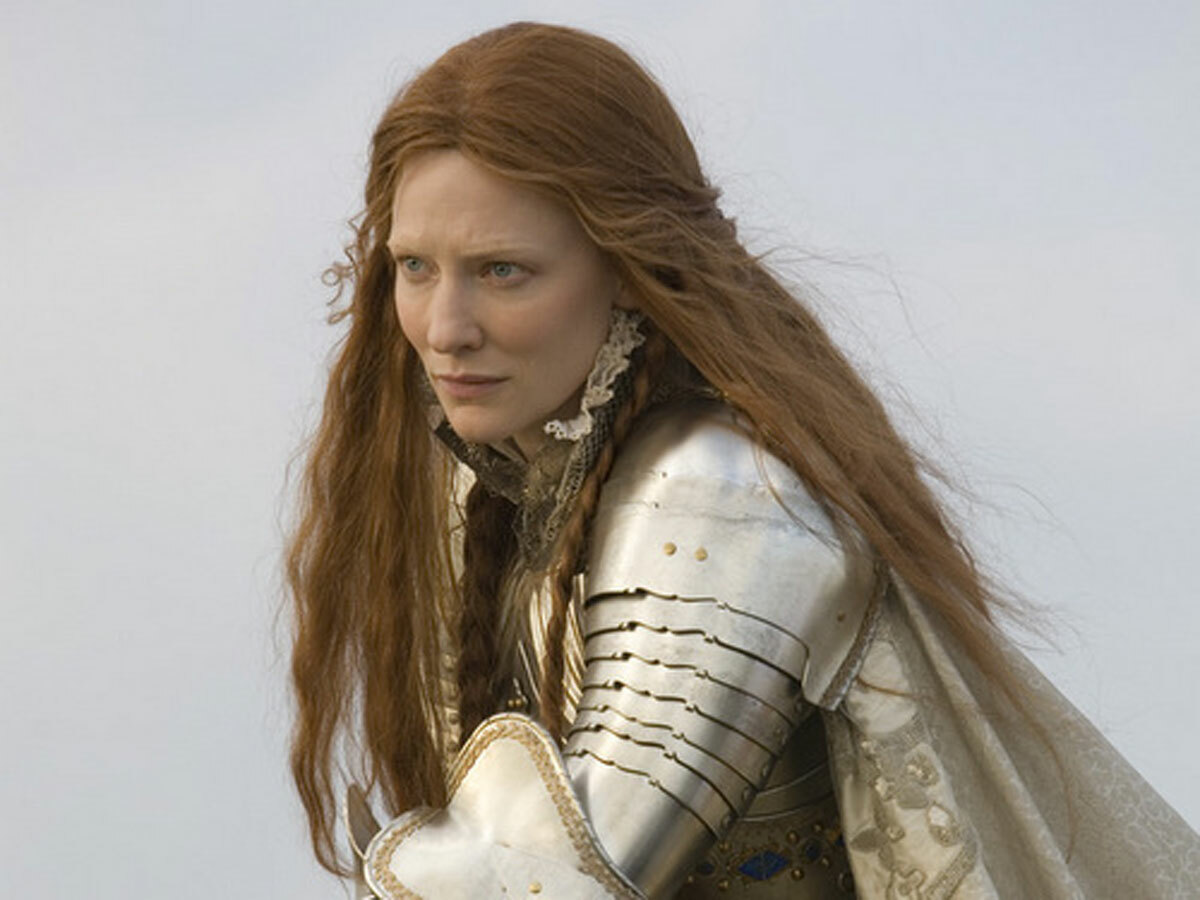
Cate Blanchett returns for the sequel to Elizabeth, this time fending off the Spanish Armada with the help of Clive Owen’s Sir Walter Raleigh, and dealing with the plots of Mary Queen of Scots (Samantha Morton). The film necessarily dials back on Liz’s fright makeup from the end of the first film – which was central to the character, but oh well – and adds a bit of swash and buckle courtesy of the dashing Raleigh.
Excalibur (1981)
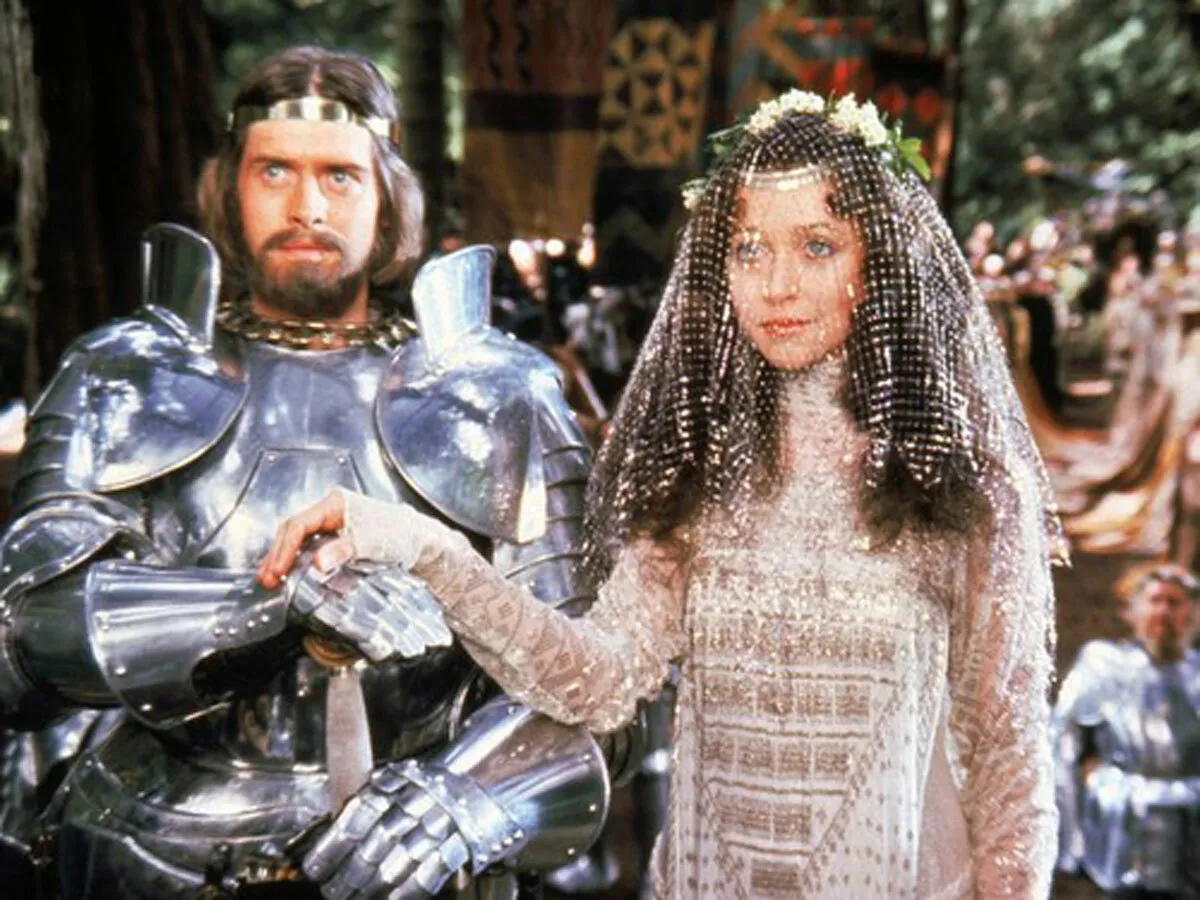
John Boorman’s retelling of the legend of King Arthur doesn’t even attempt to tie itself to the history of Britain – it’s an out and out fantasy based on Sir Thomas Malory’s Le Morte D’Arthur, in which knights in shining armour stride around waving magic swords. Nicol Williamson’s mercurial Merlin is a particular highlight.
Richard III (1995)
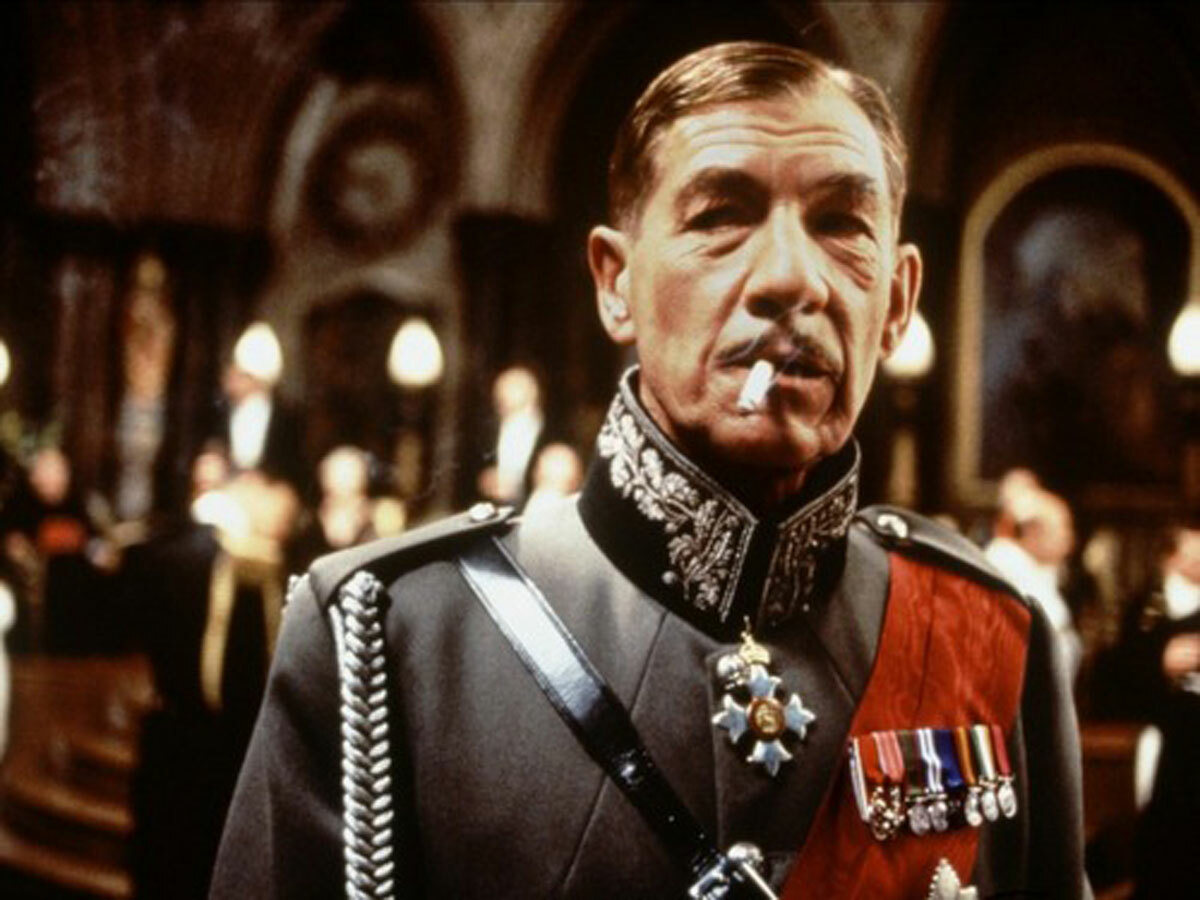
Director Richard Loncraine’s reworking of the Shakespearian tragedy relocates the action to a distorted, Fascist Britain of the 1930s – cheerfully hacking away at the original text to force it into its new setting. Ian McKellan delivers an outstanding performance in the title role as the twisted, seething monarch, conjuring up images of Adolf Hitler and – particularly – Joseph Goebbels.
Braveheart (1995)
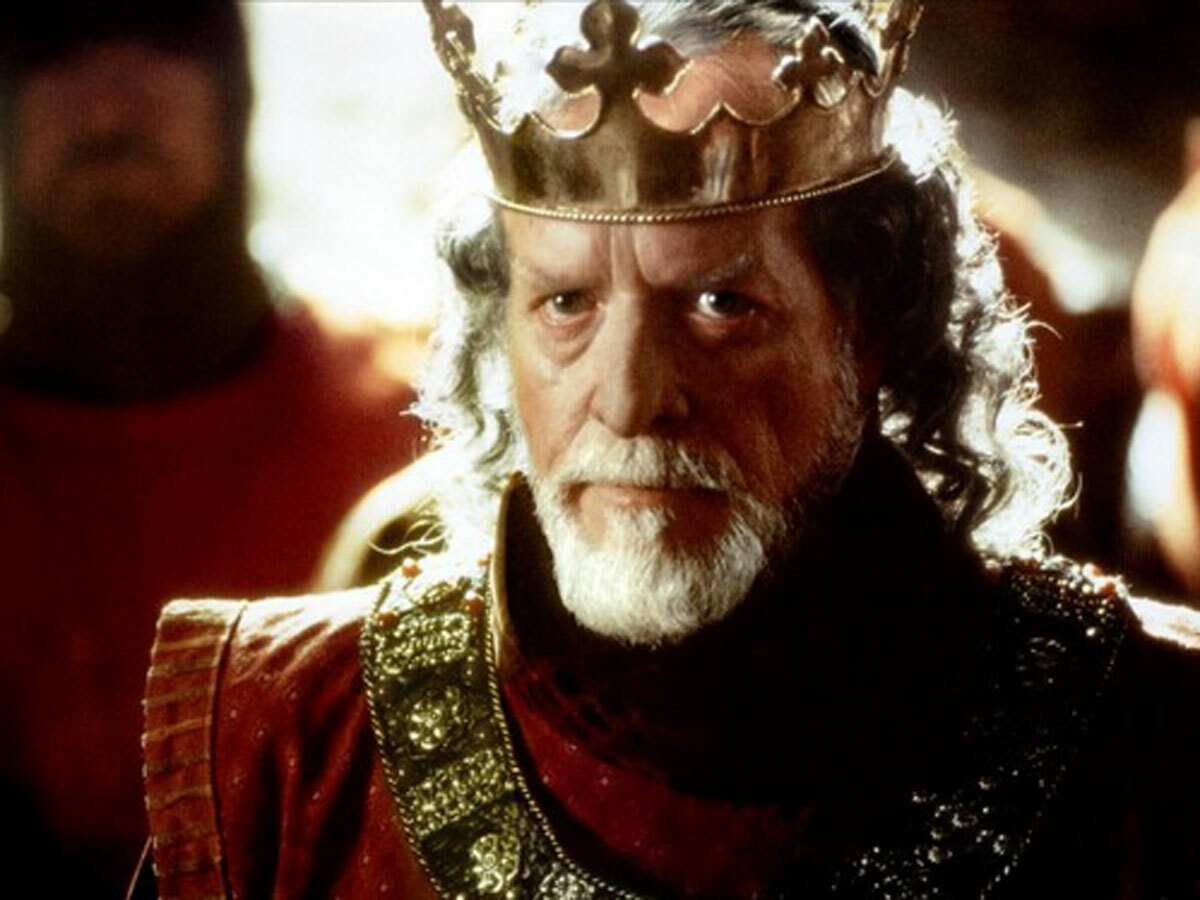
Mel Gibson’s anti-English polemic cheerfully disregards historical fact – the white car parked in the background of one scene is the least ahistorical thing about it – but Patrick McGoohan’s performance as the lip-smackingly evil Edward Longshanks is fantastic.
A Man For All Seasons (1966)
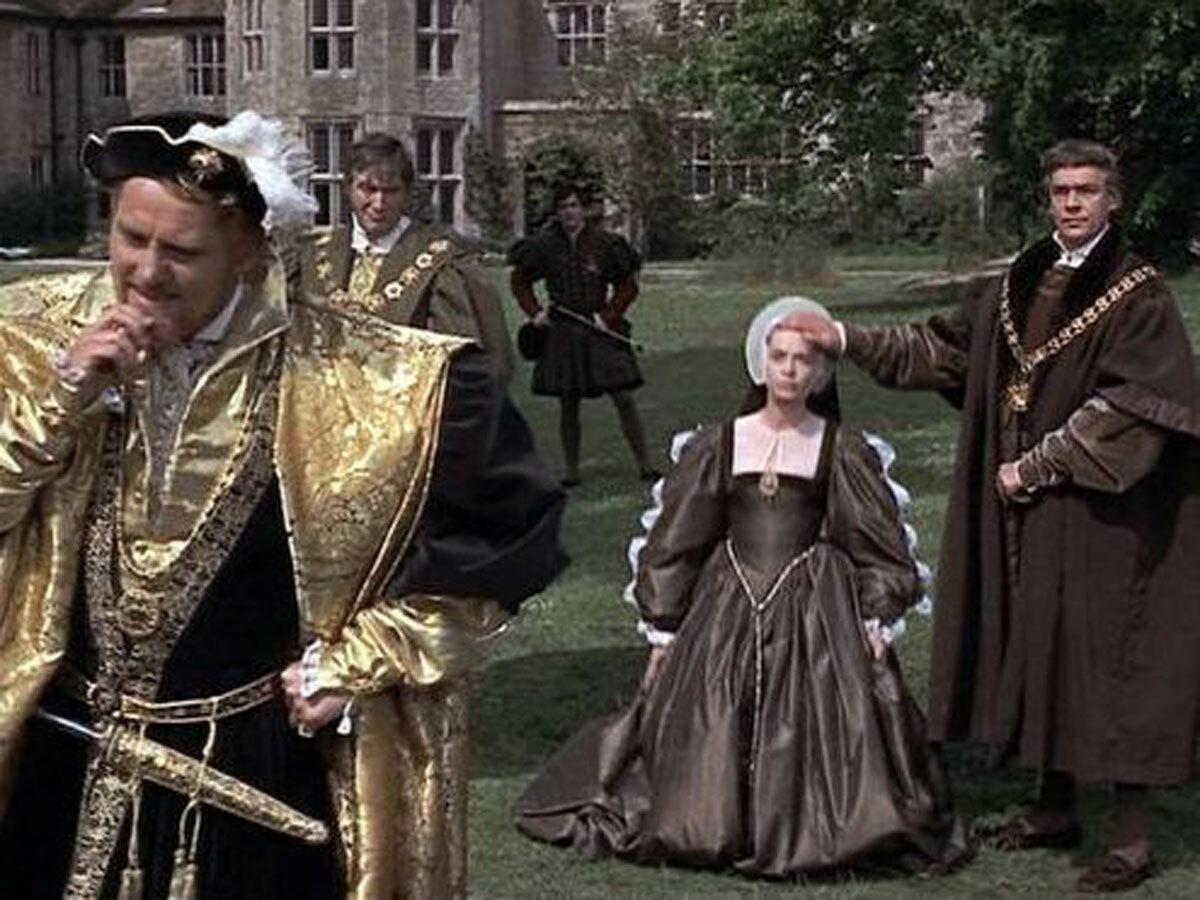
Sir Thomas More (Paul Scofield) faces a crisis of conscience as King Henry VIII tries to force through the annulment of his marriage to Catherine of Aragon – which conflicts with More’s Catholic faith and ultimately leads to his execution for treason. Rather appropriately, director Fred Zimmerman faced a similar battle in trying to force the producers to accept Scofield – who’d played More in the stage version – for the role. Fortunately it didn’t result in anyone losing their heads – and the film won a brace of Oscars.
Monty Python and the Holy Grail (1975)
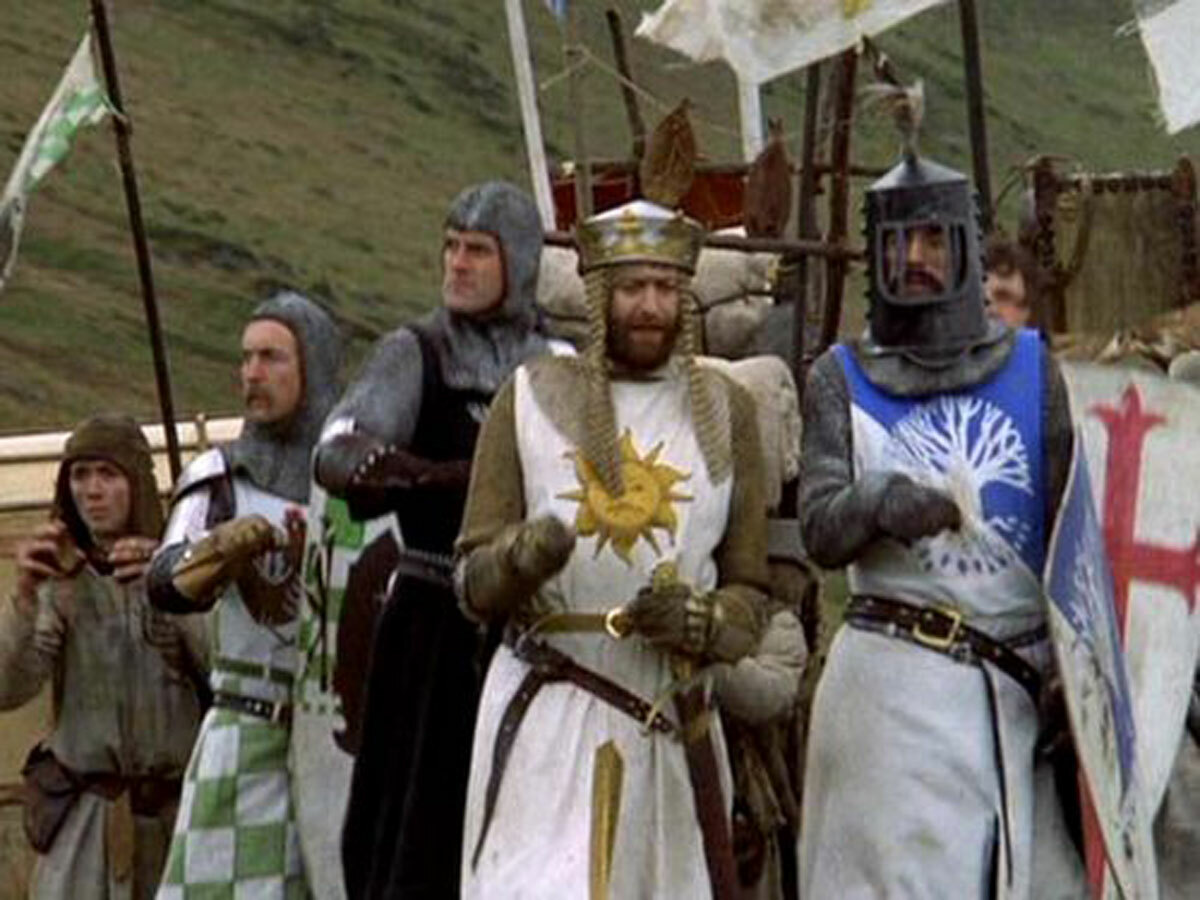
The Python boys’ finest hour, this cult classic reworks the legend of King Arthur into a deeply silly romp featuring politically-aware peasants, Knights who say “Ni!”, killer rabbits and an enchanter called Tim. Some Python fans have been known to memorise the entire film and whisper the lines as they’re said on screen. Do not do this. It is deeply irritating.


